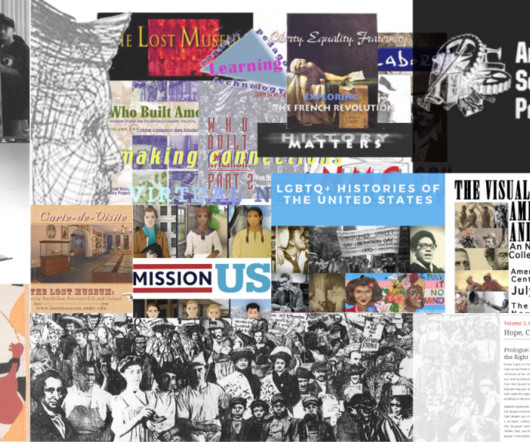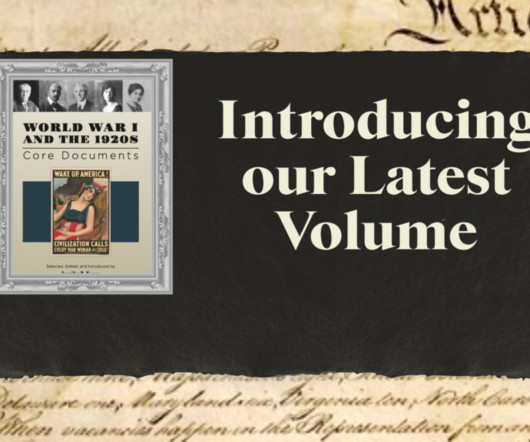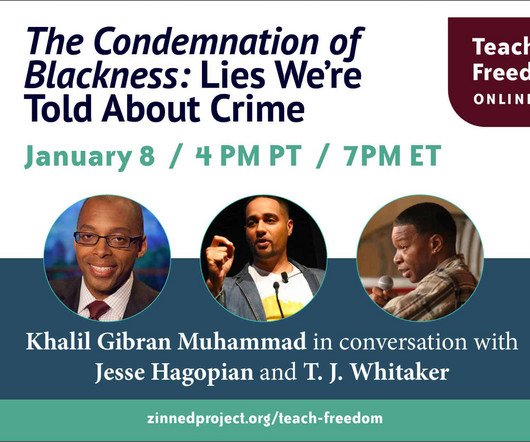How the Electoral College Works—And Why It Exists
Teaching American History
NOVEMBER 5, 2024
The Electoral College process respects the federal character of the United States, giving certain roles to the states and others to the federal government. Much of the discussion during the Constitutional Convention revolved around measures needed to balance the powers of the state and national governments. How does the process work?






















Let's personalize your content